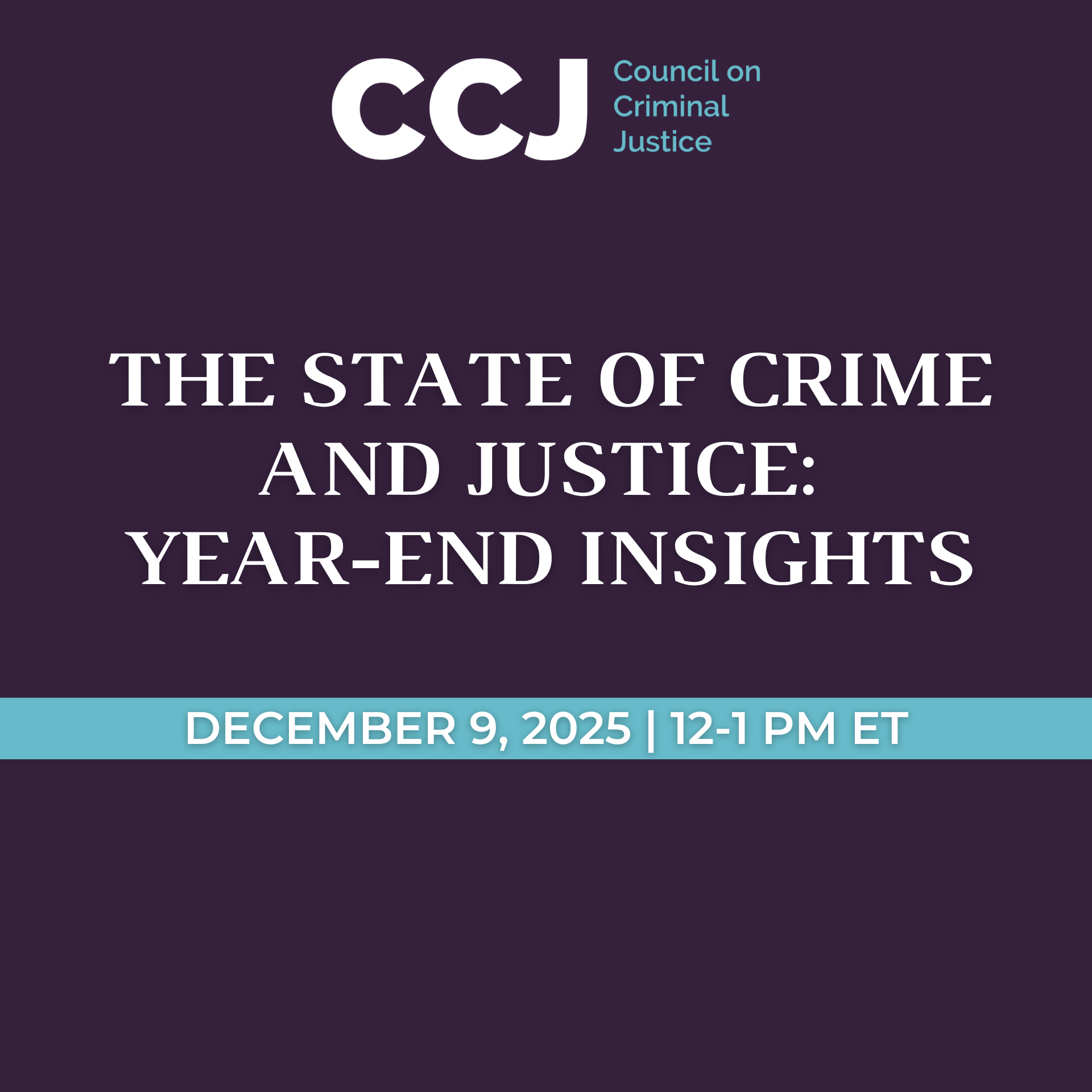My Law360 article explains why prosecutorial discretion should not depend on whose ox is being gored, both at the federal and local levels. The indispensable role of prosecutorial discretion is relevant not only because of the welcome recission of the Sessions memorandum that pressured prosecutors to pursue the most severe mandatory minimums in all drug cases, but also given the virtually unlimited number of arcane regulatory offenses applying to ordinary business and recreational activities and the debate surrounding some local prosecutors declining to prosecute more common offenses.
In the article, I note: “in military terms, lawmakers give prosecutors ammunition, but prosecutors decide not only when to shoot but which battles should be fought.” Thus, exercising discretion does not mean violating the separation of powers.
Prosecutors rightly do not pursue adultery cases in the more than half of states in which it is illegal and rarely invoke countless obscure federal & state crimes, thousands of which are regulatory offenses with no identifiable victim. These offenses include making runny ketchup & cutting a check under $1.
Similarly, some local elected prosecutors concerned with revolving jail doors & collateral consequences are presumptively declining or diverting more common victimless offenses such as low-level drug possession & trespassing on public property.
A default approach of declining to pursue certain offenses is not improper if done within a consistent framework I outline that ensures legitimacy, transparency & accountability. Such policies should be judged on their results. With many common offenses, this will partly depend on effectively engaging mental health & other systems.
Read the article online – or download the PDF.



